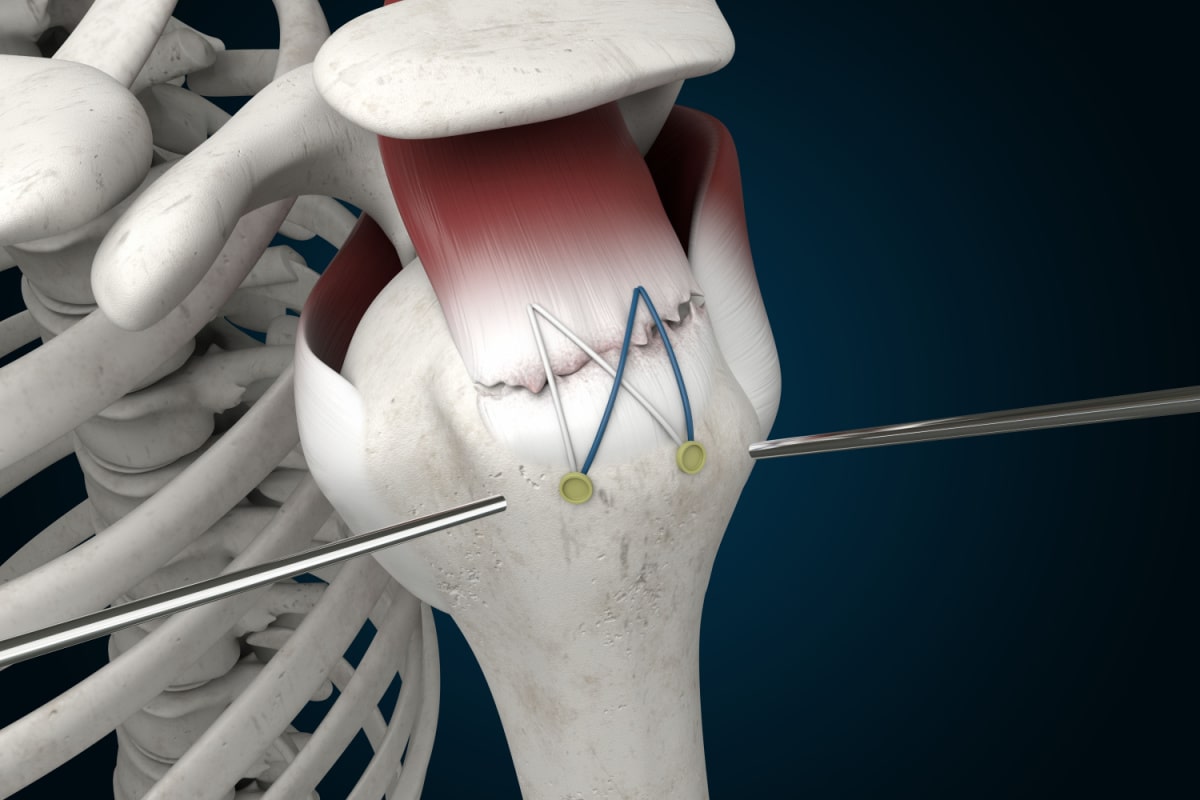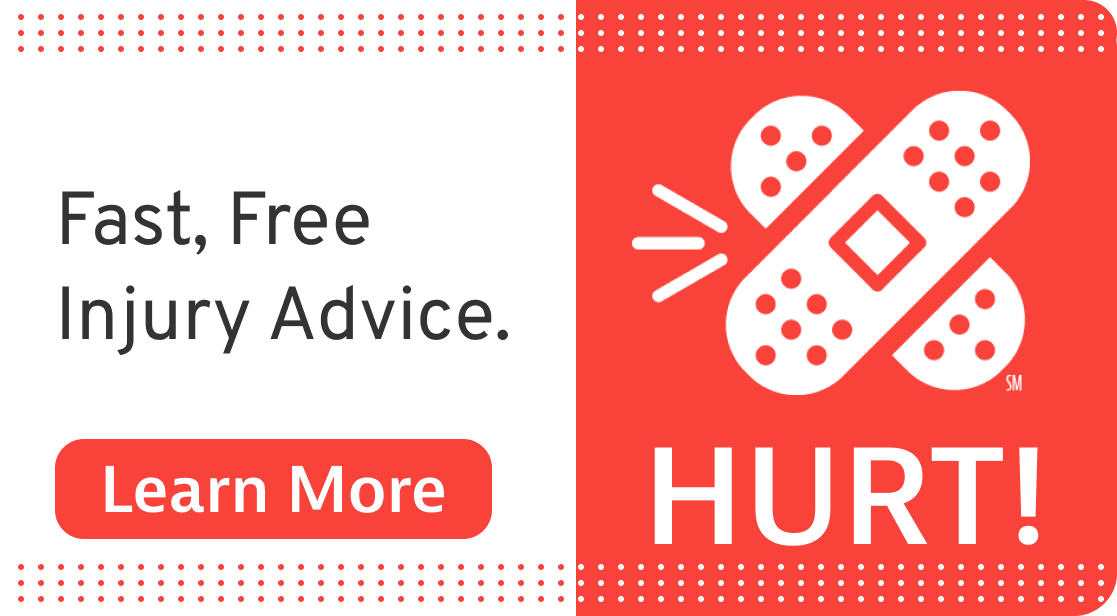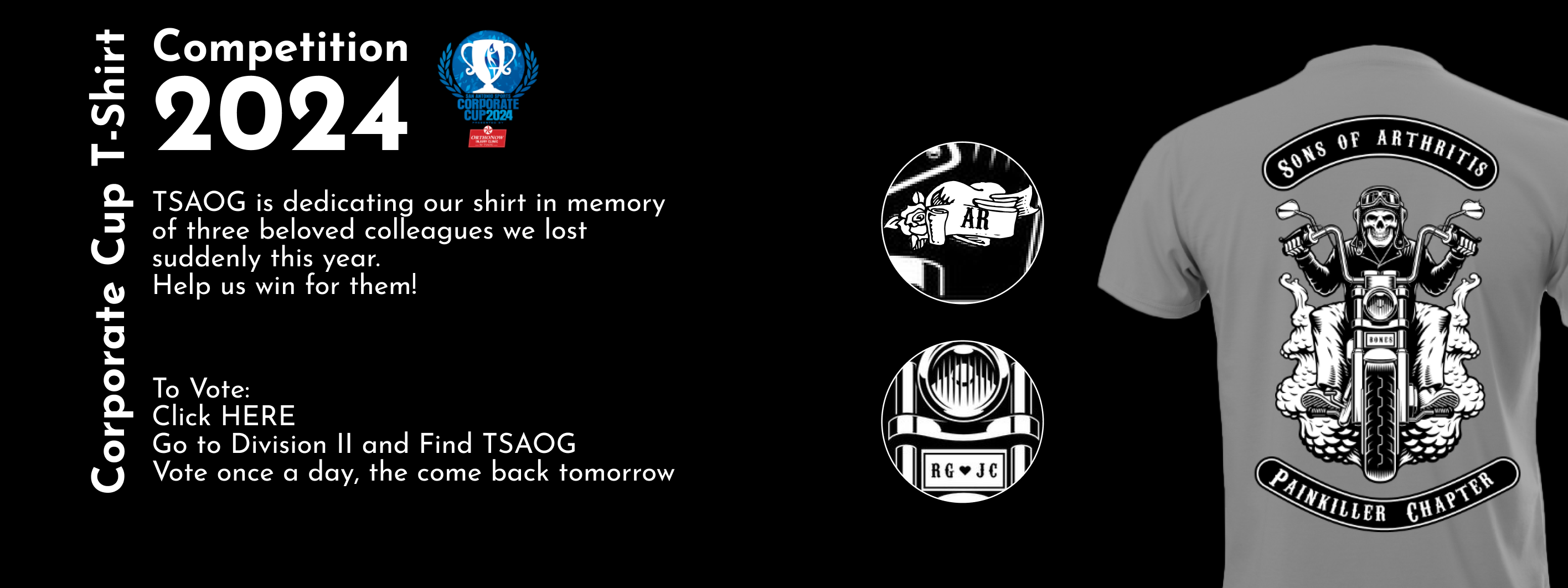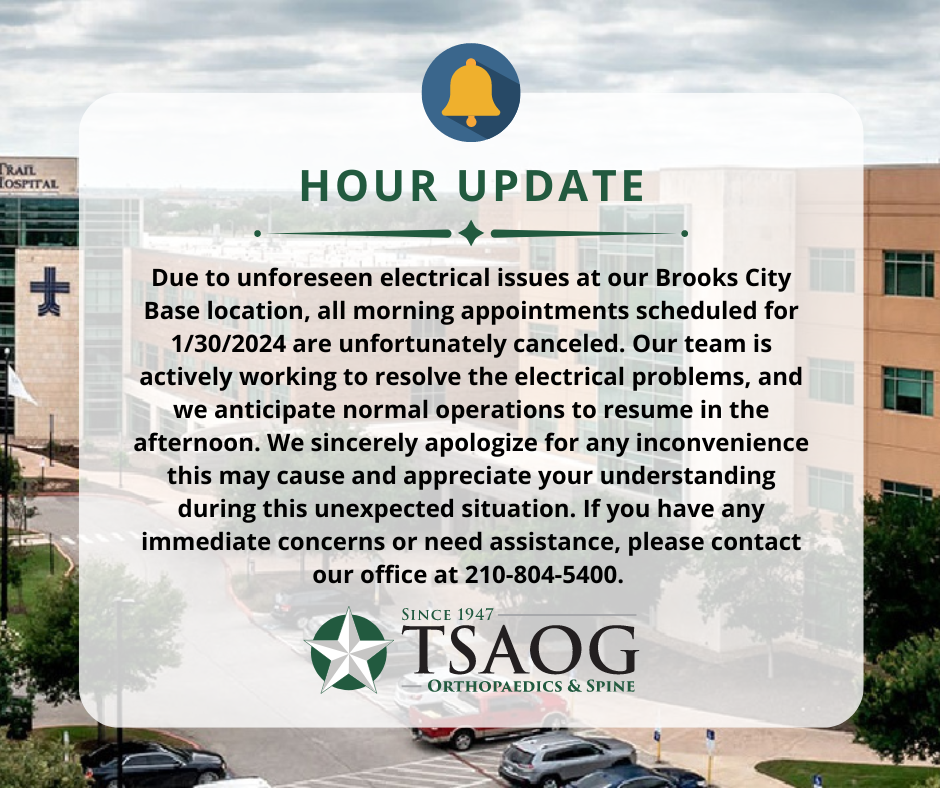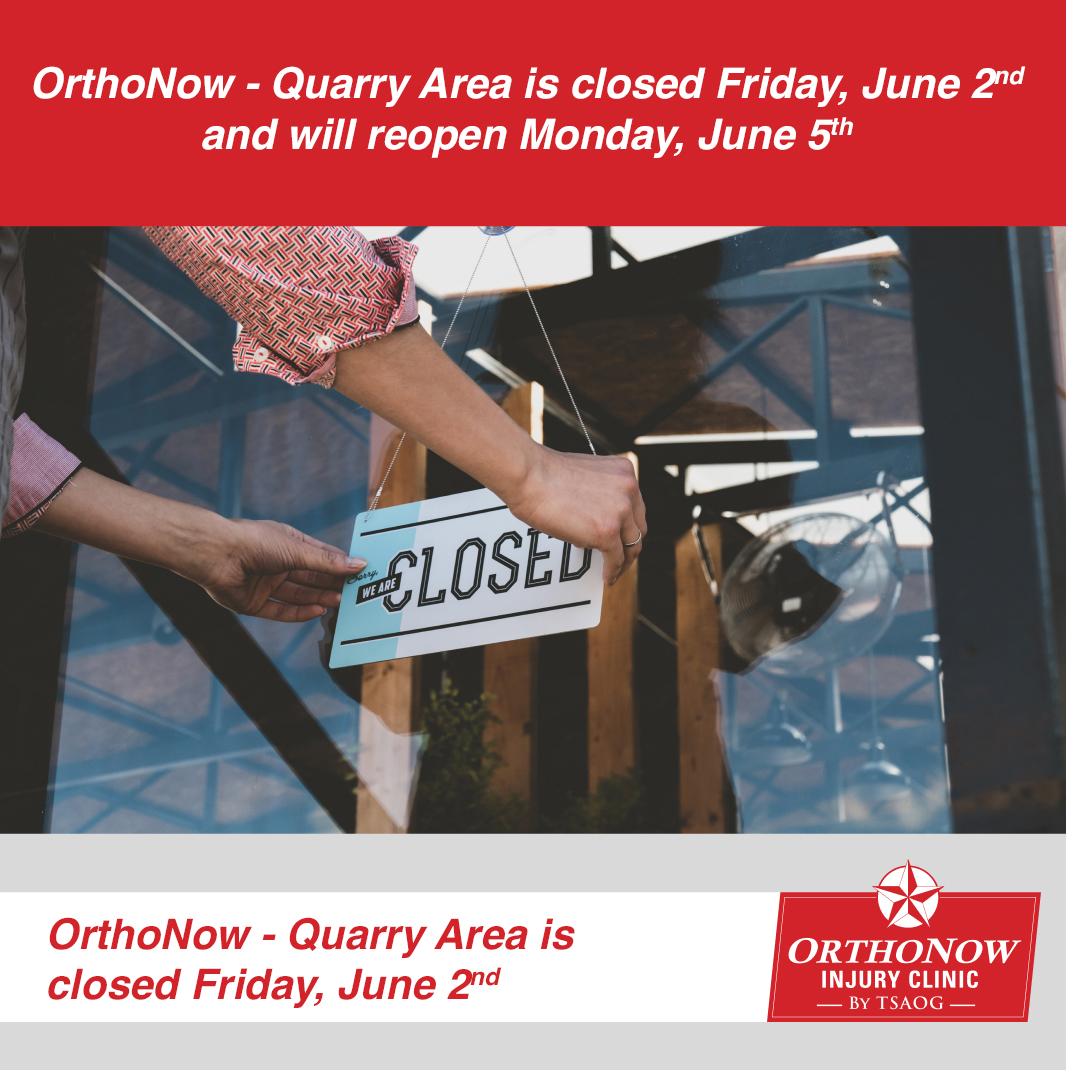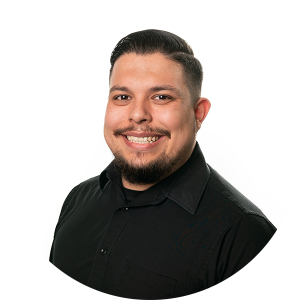After rotator cuff surgery, you will see an impact on your postoperative daily activities, including driving. Though driving is an essential component of your mobility and autonomy, your surgeon may recommend that you wait several weeks or even a few months before getting behind the wheel again. Following your surgeon’s specific instructions regarding driving and other activities after surgery is important.
Factors To Consider Before Driving Post-surgery:
When considering driving after undergoing major surgery, safety should be the number one priority above all else. Evaluating your pain level, mobility, and range of motion is crucial. You should not be in constant pain when driving. You will not be able to focus and rotating the steering wheel may contribute to more pain if you are not fully recovered from the surgery. You should be able to move your shoulder with little to no pain before you get behind the wheel again. It is also important to avoid driving if you are taking any pain medications that can impair your cognitive functioning, cause dizziness, or even drowsiness. If you have any doubts or concerns about your ability to drive safely after surgery, it’s best to wait until you have fully recovered and received clearance from your doctor.Activities to Avoid After Rotator Cuff Surgery:
After rotator cuff surgery, certain activities should be avoided to support proper healing and prevent further injury. Here are some everyday activities that may be limited or restricted after surgery: Lifting heavy objects: It is recommended to avoid lifting anything heavier than a few pounds with the affected arm for several weeks after surgery. Reaching above or behind you: Avoid overreaching your arm, which can stress the rotator cuff and delay healing. It is essential to rest your arm at your side post-surgery. Participating in strenuous activities: High-impact activities such as exercise or sports should be avoided for several weeks to months after surgery. Driving: As mentioned earlier, it is important to avoid driving until it is safe to do so.What You Can Do To Support Post-surgery Healing:
There are several things you can do to promote healing while recovering, and there are many factors that can influence recovery time. Here are some recommended tips that may be used as a guide during your recovery.- Follow the treatment plan: Your doctor will likely give you specific instructions on how to care for your incision and wound, manage pain, and how to resume physical activity gradually. This can include rest, working on ways to increase the strength in your shoulder, and eventually working your way up to full activity once again.
- Rest and relax: Your body will need time to heal after surgery, so it’s important to get plenty of rest and avoid strenuous activity that could put stress on your incision. Strenuous activities such as lifting and exercising can lead to a prolonged recovery process. This is why it is important to give your body the time it needs to get back to a sense of normalcy and not to rush the process.
- Attend follow-up appointments: Your doctor will likely schedule follow-up appointments to check your healing progress. It’s important you attend these appointments and follow any additional instructions given by your doctor. This is the perfect time to ask your doctor any questions you might have about your progress or when it is ok to resume normal activities.
- Do perform rehabilitative exercises as suggested by a physical therapist. It is likely that you will attend a clinic a few weeks after your surgery to assess your range of motion and continue your treatment plan. It is important to follow the instructions of your physical therapist to ensure that the recovery process goes smoothly. If you rush or avoid exercises, then you may experience a prolonged recovery process or even a reevaluation from your doctor. This is why it is important to follow the direction of your physical therapist and attend all your sessions.
Looking for a Shoulder Specialist in the San Antonio, TX Area?
